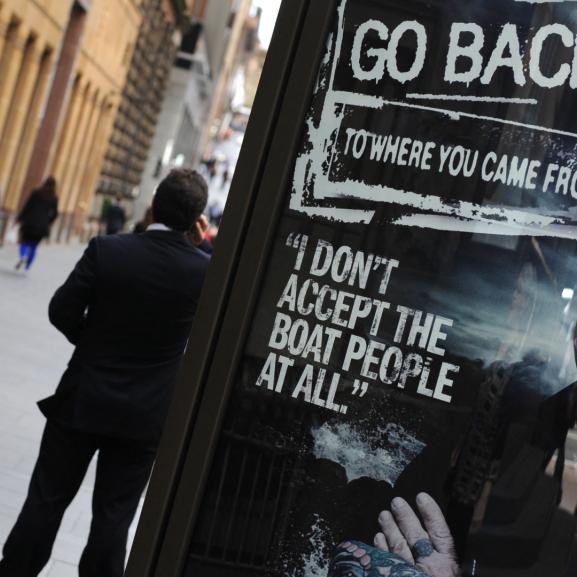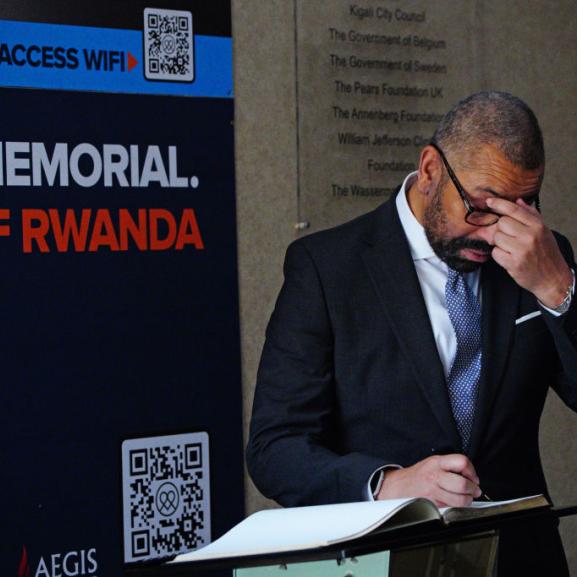New healthcare charging rules unworkable and put health of vulnerable people at serious risk
Government regulations introduced today that require certain people to pay up-front for healthcare will exclude vulnerable people from accessing health services. Increase patient waiting times and will lead to additional costs for the NHS, according to health professionals and charities led by Doctors of the World, Asylum Matters, the National AIDS Trust and Freedom from Torture.
New charges for community healthcare, including community mental health, health visiting, community midwifery, and school nurses, are being introduced alongside up-front charging requirements, which means patients will have to prove they are entitled to free healthcare before being able to access it. Those who are not entitled will be required to pay up-front before being treated.
Primary care remains exempt, as does accident and emergency or ‘immediately necessary’ care. Patients who are not eligible for free care include short-term visitors, undocumented migrants, and some asylum seekers whose claims have been refused.
If a patient is not able to demonstrate they are exempt, they will be denied care unless and until they are able to pay for it. This means that care could be withheld from vulnerable patients until their condition becomes life-threatening. Charities are already reporting that even those who are eligible are struggling to access free care, as neither they nor the health professional treating them understands the rules. People are also being deterred from accessing vital care as they are concerned about having to pay. This confusion is likely to be exacerbated by the new regulations.
There are also concerns that up-front charging in community health services will lead to increased use of A&E this winter, meaning increased patient waiting times just at the point when A&E is under most strain.
193 organisations and more than 880 individuals - of which over 300 are doctors and 50 are nurses - signed an open letter to the Secretary of State for Health Jeremy Hunt MP earlier this month warning that "by denying healthcare to the most vulnerable in our society, these regulations will have negative consequences for us all." Clinicians are likely to have to make judgements about whether someone is eligible for free care, causing considerable additional strain on them and undermining the relationships of trust between patients and medical professionals.
The regulations have been laid without evaluation of their impact on health outcomes and health inequalities, and without a full and robust assessment of the long-term costs to the NHS. Moreover, up-front charging has not been subject to any public consultation.
Susan Munroe, Chief Executive of Freedom from Torture said:
"The regulations being introduced today are both unworkable and desperately unfair. Torture survivors come to the UK seeking safety but find it difficult to disclose what has happened to them. A complex and combative asylum system can leave them destitute and unprotected. To be unable to access healthcare in this situation puts lives at risk. Not to mention the cost to the public purse of leaving medical problems to worsen until a trip to A&E is the only option.
These regulations make the system more and more complex, which is likely to increase the burden on already overstretched NHS staff. We urge the Department of Health to reconsider this draconian charging regime which besides putting an undue burden on the NHS only increases the hardships already experienced by very vulnerable people."
Andrea Vukovic, project director at Asylum Matters said:
"The current system already deters refugees and people seeking asylum from accessing the healthcare they are fully entitled to. Too often we see people being wrongly denied or charged for treatment, or deterred from accessing treatment altogether for fear of being charged. We are concerned that the new rules will exacerbate these problems. More vulnerable people will be prevented from accessing essential and sometimes life-saving treatment".
Deborah Gold, Chief Executive of NAT (National AIDS Trust), said:
"These regulations will have a severe impact upon individual and public health. We know that our health service cannot be sustained unless the NHS focuses more on intervening early and preventing serious acute health needs. NAT believes these charges will have the opposite effect; keeping vulnerable patients away from services until matters become urgent.
"The need to focus efforts on prevention were recognised in the NHS Five Year Forward View which states ‘the future health of millions of children, the sustainability of the NHS, and the economic prosperity of Britain all now depend on a radical upgrade in prevention and public health.’ These regulations run counter to this approach and undermine prevention. They will result in a greater burden of health inequality for migrants, weaken public health efforts, and reduce the quality of our healthcare service for everyone."
A selection of quotes from some of the many organisations that endorsed the letter to the Health Secretary:
“These regulations will make the essential work of many outreach nurses with destitute and vulnerable people quite impossible within the law.”
Dr Nigel Hewett OBE FRCGP, Faculty for Homeless and Inclusion Health
“Doctors are not border guards. This attempt to charge patients will spread to others and we will soon see charging become common for health care.”
Dr David Wrigley, Chair of Doctors in Unite & GP in Lancashire
“Community healthcare prevents hospital admission and A&E attendance which will increase as a result of restricting access to basic community and outreach healthcare and ultimately increase NHS costs in the long term. This is an unethical policy of false economy that harms the health of the vulnerable while also creating public health risks for the majority. It has been introduced without adequate consultation or impact assessment and will be harmful to vulnerable individuals, the public health, NHS services and our society as a whole.”
Miss Corinne Clarkson, Co-Chair, London Network of Nurses & Midwives
“…the proposed amendments […] will place an extra burden on vulnerable women and girls who already find it difficult now to reach out to sexual and reproductive health (SRH) services. Confusion over who is entitled to free care will deter women and girls from seeking medical advice and receiving the care they need. Access to SRH services, including safe and effective contraception and abortion, is vital for women to avoid unplanned pregnancies, curbing future costs in the NHS system. […] We call on the government to launch a public consultation on the amendments."
Ms Jane Hatfield, Faculty of Sexual and Reproductive Healthcare (FSRH)
“At a time when the NHS in England is suffering crippling underinvestment and faces the biggest challenge in its' seven decade history, these regulations are unwanted and gratuitous. The regulations will turn dedicated NHS public servants into to border guards, rather than being focused on treating patients. There is no evidence that the regulations will save the NHS money, we believe that these measures are just a smokescreen to distract from the Government's mis-management of our NHS. Unite believes no member of NHS staff should be forced to carry out these checks against their will or conscience and we will continue to campaign for the abolition of these regulations.”
Mr Colenzo Jarrett-Thorpe, National Officer for Health, Unite the Union







